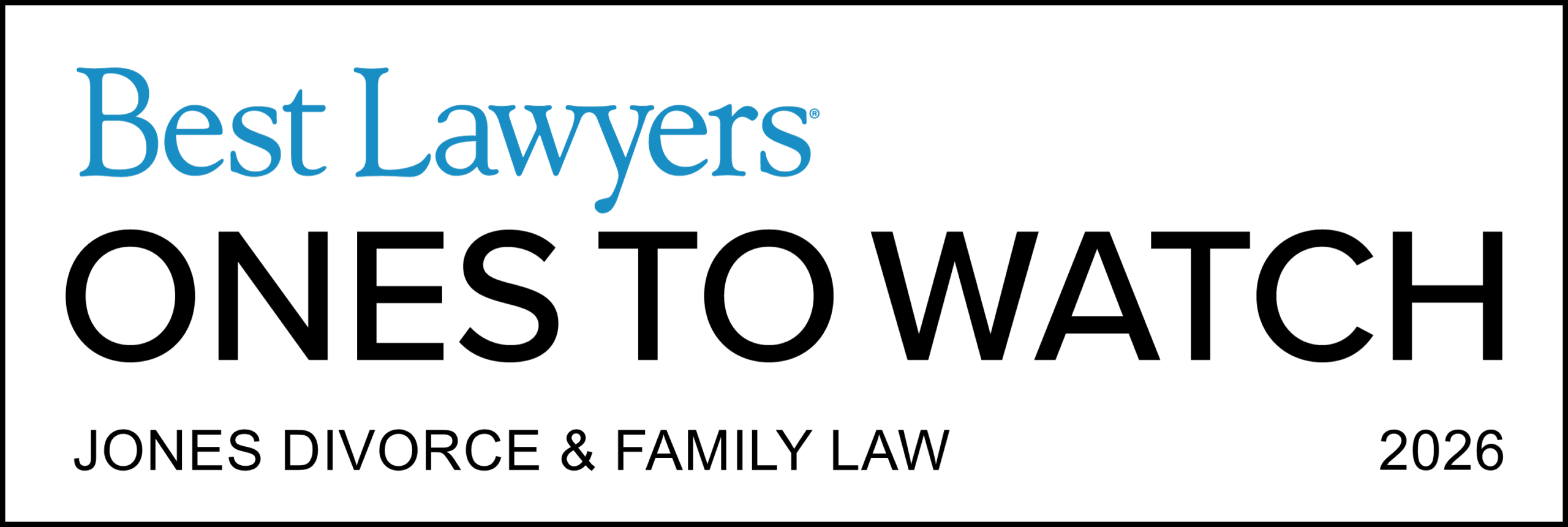
Mediation Tips for Working With High Conflict People
Mediation Can Still Be Effective In High Conflict Cases

At some point in our lives, we have all come across high conflict personalities. This may have been in the workplace, in a friend group, or you may live with one. Dealing with high conflict people can be emotionally exhausting. It is important to learn how to effectively communicate with high conflict personalities to ensure your own mental well-being. Billy Eddy is the Chief Innovation Officer of the High Conflict Institute and below we share some of his tips for working with high conflict personalities.
How to Use E.A.R. Statements to Calm a High Conflict Personality
E.A.R. statements stand for Empathy, Attention and Respect. This method of communication is extremely effective with dealing with high conflict personalities. However, it is important to note that it can be difficult to do at first and requires patience and practice on your end as E.A.R. responses are typically the opposite of how you feel like responding to someone who is difficult to communicate with. Here’s how E.A.R. responses work:
Empathy – “I can hear how upset you are”.
Empathy means showing the other party that you understand how they are feeling. By showing empathy you show the other party that you comprehend their situation and why they feel the way the do.
Attention – “Tell me what is going on.”
High conflict personalities thrive off of attention. By giving them space to discuss their emotions you show that you care about their perspective and are willing to work with them to find a resolution.
Respect – “I respect your efforts.”
By showing respect to the other party, especially when their conflict inducing emotions are running high, you can assist in diffusing their temper and keep the conversation civil and productive.
Tips for Effective E.A.R. Communication
By following the E.A.R. communication method you may feel like you are constantly giving into the other party’s negative behaviour. It is important to note that while E.A.R. communication is effective, you still need to set boundaries. For example: when it comes to attention – you don’t need to give the other party unlimited access to you. People with high conflict personalities have a tendency to be able to talk for hours about a situation. When using E.A.R. it is totally acceptable to tell the other party that you are willing to discuss this matter for x amount of time but then you will need to end the conversation and can revisit it at another time. As well, using the E.A.R. method doesn’t mean you are agreeing or disagreeing with the other party. In order to display empathy towards the situation you do not need to agree with the other party – you can simply us phrases such as “I can see how important this is to you” or “I’m sorry that you are in this situation”.
How Mediation Can Be Effective for High Conflict Personalities
You may have been told that mediation is only appropriate if you are your partner are amicable. While this can be true, it is not impossible to have productive mediation sessions with high conflict personalities. The key is in selecting a mediator with experience and knowledge who will be able to keep both parties focused on the future / outcome and not allowing the conversation to be derailed by emotionally charged language. If you opt to attend mediation with a high conflict personality, it is important to focus on three things: connect, structure and education. To begin, focus on connecting with empathy, attention and respect throughout the entire process. If you find yourself losing your cool at any point, feel free to ask for a break or even end the mediation session at that time. Secondly, ensure that the mediation has structure which can be achieved by having an agenda with timelines for each topic. As well, keep the conversation future focused and do not let it steer towards rehashing old arguments or playing the blame game. Finally, educate, listen to your mediators as they describe your options and make informed decisions together by weighing the pros and cons.
Disclaimer: The content provided in the blog posts of Jones Divorce & Family Law is general information and should not be considered legal advice. Please contact a lawyer for legal advice tailored to your specific situation. All articles are current as of their original publication date.







